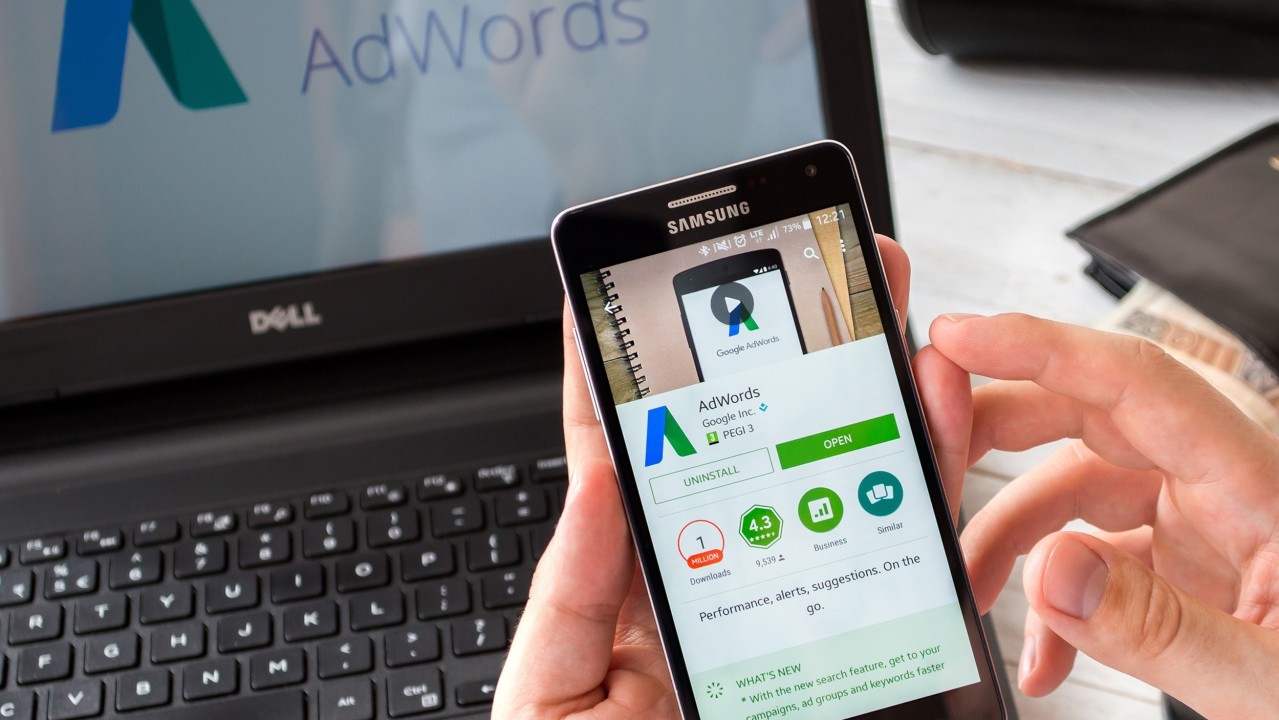News
Harnessing AI for Enhanced User Experiences: Trends in UX Design for 2024
In the ever-evolving world of digital marketing, the year 2024 marks a significant milestone in the intersection of artificial intelligence (AI) and user experience (UX) design. The rapidly changing digital landscape has witnessed an unprecedented integration of AI technologies, fundamentally altering how brands interact with their audiences.
This transformation has been especially pronounced in the UK, where digital marketing strategies are increasingly leveraging AI to deliver more personalised, efficient, and engaging user experiences.
The Rise of AI in UX Design
AI’s role in UX design is not merely a trend but a paradigm shift. In recent years, AI technologies such as machine learning, natural language processing, and predictive analytics have become indispensable tools for UX designers. These technologies allow for the creation of more intuitive and user-friendly interfaces, improved personalisation, and more efficient user journeys.
A study by Adobe found that 83% of global consumers prefer dealing with companies offering personalised experiences (Adobe, source). In the UK, this trend is particularly pronounced, with a significant portion of the population showing a preference for personalised digital interactions. This shift has pushed UK-based companies to adopt AI-driven UX strategies to stay competitive and relevant.
Personalisation and Predictive User Experiences
One of the most significant impacts of AI in UX design is the ability to create highly personalised user experiences. AI algorithms can analyse vast amounts of data, including user preferences, browsing history, and buying behaviours, to tailor digital experiences to individual users. This level of personalisation enhances user engagement and satisfaction, leading to better conversion rates and customer loyalty.
In the UK, personalisation has been shown to significantly impact user engagement. According to a survey, 74% of UK customers feel frustrated when website content is not personalised (Epsilon, source). AI-driven UX design addresses this by dynamically adjusting content, recommendations, and interfaces based on user behaviour and preferences.
AI and Accessibility in UX Design
Another crucial aspect of AI in UX design is enhancing accessibility. With the increasing legal and ethical emphasis on digital inclusivity, AI tools are being employed to create user experiences that are accessible to all, including people with disabilities. AI can automatically adjust text sizes, contrast ratios, and provide voice navigation, making digital platforms more accessible to a broader audience.
The UK, in particular, has made strides in digital accessibility. The Public Sector Bodies Accessibility Regulations 2018 mandate that all public sector websites meet certain accessibility standards. AI can play a pivotal role in ensuring compliance with these regulations by automating many aspects of accessibility testing and implementation.
Enhancing User Interfaces with AI
AI is revolutionising user interface (UI) design by enabling more interactive and intuitive interfaces. Voice user interfaces (VUIs) and chatbots powered by AI are becoming increasingly popular in providing real-time, conversational user experiences. These AI-driven interfaces can understand and predict user needs, offering assistance and recommendations in a more human-like manner.
In 2024, we are witnessing a surge in the adoption of AI-powered chatbots in the UK. A report by Ubisend found that 1 in 5 consumers in the UK would consider purchasing goods and services from a chatbot. This trend underscores the growing importance of AI in creating interfaces that are not only functional but also conversational and engaging.
Predictive Analytics and User Behaviour
Predictive analytics is a cornerstone of AI’s role in UX design. By analysing data patterns, AI can predict user behaviour and preferences, enabling brands to anticipate user needs and offer relevant content and solutions proactively. This proactive approach to user experience is particularly effective in e-commerce, where understanding and anticipating customer needs can significantly impact sales and customer retention.
In the UK, e-commerce is a rapidly growing sector, with predictions indicating that 95% of purchases will be made online by 2040. AI-driven predictive analytics will be crucial in crafting UX designs that cater to the evolving needs and behaviours of online shoppers.
The Role of AI in UX Testing and Feedback
AI technologies have also revolutionised the way UX designers collect and analyse user feedback. Traditional methods of user testing and feedback collection can be time-consuming and often offer limited insights. AI-powered tools can quickly analyse user interactions, gather feedback across various digital platforms, and provide actionable insights in real-time. This allows for continuous improvement of the user experience based on actual user data and behaviour.
In the UK, many companies are utilising AI for UX testing to refine their digital platforms. The ability to rapidly iterate and improve digital experiences based on user feedback is a critical competitive advantage in today’s fast-paced digital marketplace.
Ethical Considerations and User Privacy
While AI offers immense possibilities for enhancing UX design, it also raises important ethical considerations, particularly regarding user privacy. With AI systems processing vast amounts of personal data, ensuring user privacy and data security is paramount. In the UK, this is governed by the General Data Protection Regulation (GDPR) and the Data Protection Act 2018, which set strict guidelines for data handling and privacy. UX designers must ensure that AI-driven experiences comply with these regulations while maintaining transparency and trust with users.
The Future of AI in UX Design
Looking ahead to the rest of 2024 and beyond, the role of AI in UX design is set to grow exponentially. We will see more sophisticated AI algorithms capable of delivering even more personalised and intuitive user experiences. The integration of AI in UX design will also evolve to include emerging technologies such as augmented reality (AR) and virtual reality (VR), offering entirely new dimensions of user engagement.
Moreover, as AI technologies become more advanced, they will become more accessible and user-friendly for UX designers. This democratization of AI will enable even smaller businesses in the UK to harness the power of AI for their digital marketing strategies, creating a more level playing field in the digital economy.
In 2024, AI has become an integral part of UX design, driving innovation and enhancing user experiences in ways previously unimaginable. From personalisation to accessibility, AI is helping brands in the UK and around the world create more engaging, efficient, and user-friendly digital experiences.
As we continue to navigate the ever-changing digital landscape, the symbiosis of AI and UX design will undoubtedly play a pivotal role in shaping the future of digital marketing.





The Ultimate Social Media Guide
With the ever-growing power of social media, we use the latest techniques, video, and animation software to craft eye-catching social media assets that make your brand pop. Our designers, wielding Adobe Creative tools, create distinctive animations and graphics to illuminate your brand story and highlight your products or services. Want a unique design? No problem – we also offer bespoke designs to match your brand aesthetic.